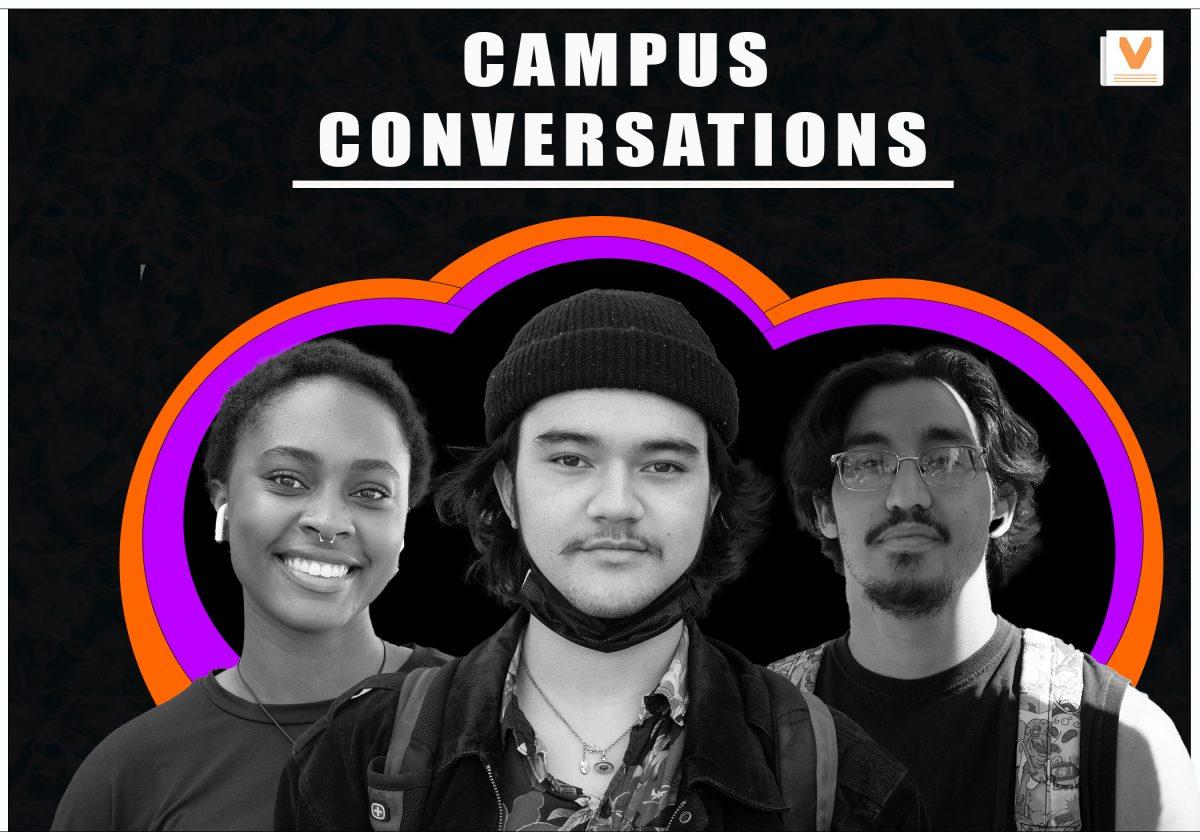Written by Jakob Wood
Assisted suicide has finally been legalized in California and to many terminally ill patients, this comes as a major relief for both their conscience and their body.
The End of Life Option Act was approved by Gov. Jerry Brown in October of last year, but the bill will not come into effect until June 9, according to Life Site News.
Suicide and the act of aiding one in the process, is not a popular concept. It is often preached against, labeled as immoral, unnatural and just plain wrong. The negative connotation and implication that accompanies the word suicide has cemented it as something no one should ever want to commit.
Californians Against Assisted Suicide offers multiple articles on why this bill should not be passed.
The website’s list of reasons begins with how many times the proposed act has been denied. It then mentioned how assisted suicide will always be the cheapest option. They also note how patients may be pressured into that option due to the affordability.
Why was the cheapness of assisted suicide listed as a reason to be against it?
Health care, these days, is all about affordability, and when it comes to something like cancer, cheap is not an option. Living in the richest country in the world means that nobody should have to resort to outlandish measures to pay for their health care like something out of a TV show.Cancer is expensive to treat.
If anything, the cheap aspect of assisted suicide should be a plus. Not only are terminally ill patients provided with an option to alleviate their suffering, but now they don’t have to waste their money on preventing the inevitable.
Compassion Choices shared a teary video of Brittany Maynard advocating for her right to “die with dignity,” a video that is accredited with being the driving force for the legalization of the act in California.
In order to avoid the long, drawn out process of a deteriorating brain, Maynard moved to Oregon, one of the five states in which assisted suicide was legal. She first had to establish residency in Portland, obtain an Oregon driver’s license, change her voter registration among other hurdles just to make the decision possible.
If the End of Life Option Act been legal in California, Maynard wouldn’t have had to move away from her family and tear her husband away from his job simply to speed up the inevitable.
It seems to be a reoccurring trend for people to voice their objections against the decisions others make about themselves: marriage, drugs, abortion. The list goes on.
The question being asked always seems to be: is it morally acceptable for people to be assisted in ending their own lives?
This is the wrong question to be asking. The morality of the situation is not the most important aspect. That’s like banning someone from eating junk food because you’re concerned about their health. In theory, the consideration for their well-being is sweet, but forcing them to do or not do something is completely out of line.
The fact of the matter is that assisted suicide is not about your moral compass. It’s about the terminally ill cancer patient who takes 26 pills a day just to deal with the constant pain of his condition. That’s the case for Matt Fairchild, a 46 year old man fighting advanced melanoma as reported by CNN.
The question we should be asking is: who has access to this medical option?
It’s not like anyone can go to their family doctor and ask for euthanization. There are some qualifications necessary for such a serious decision.
The bill is called Aid-In-Dying for a reason; it’s for people with a terminal illness.
Is it right to force someone to endure months of pain and futile anticipation because you consider suicide a form of murder?
After all, you’re not the one losing all your hair or throwing up after every chemotherapy treatment, doped up on countless drugs as your body slowly kills itself.













